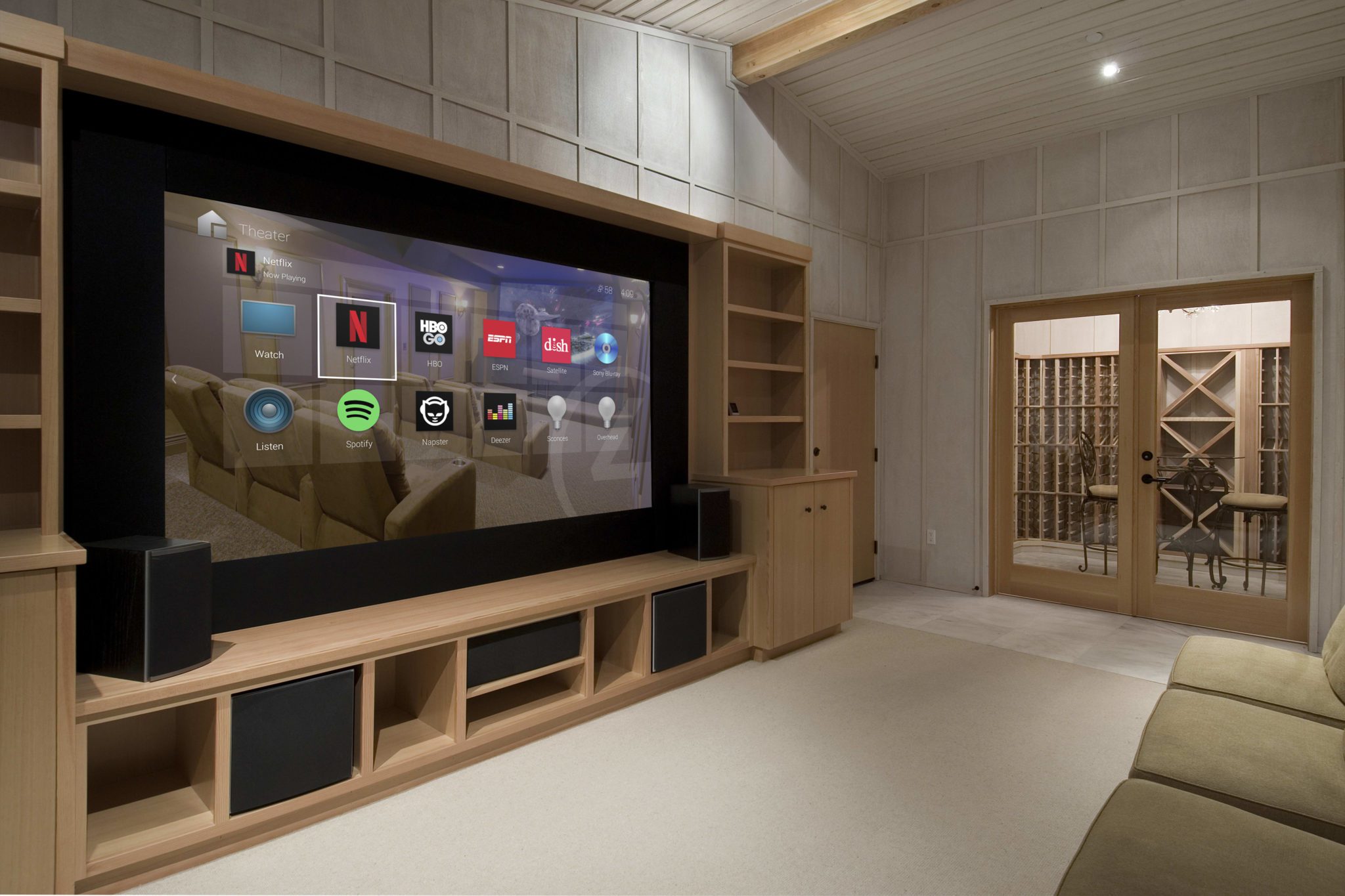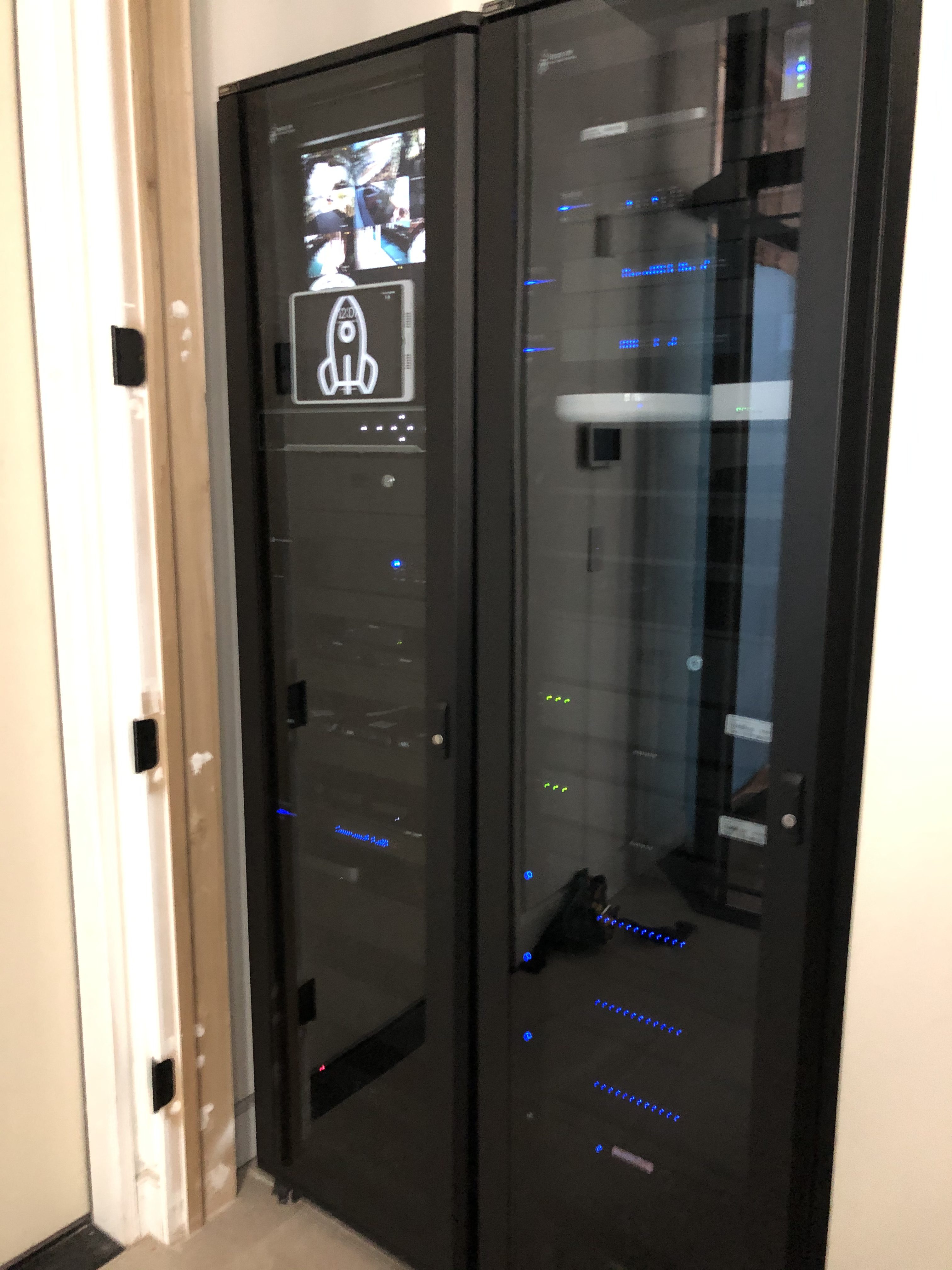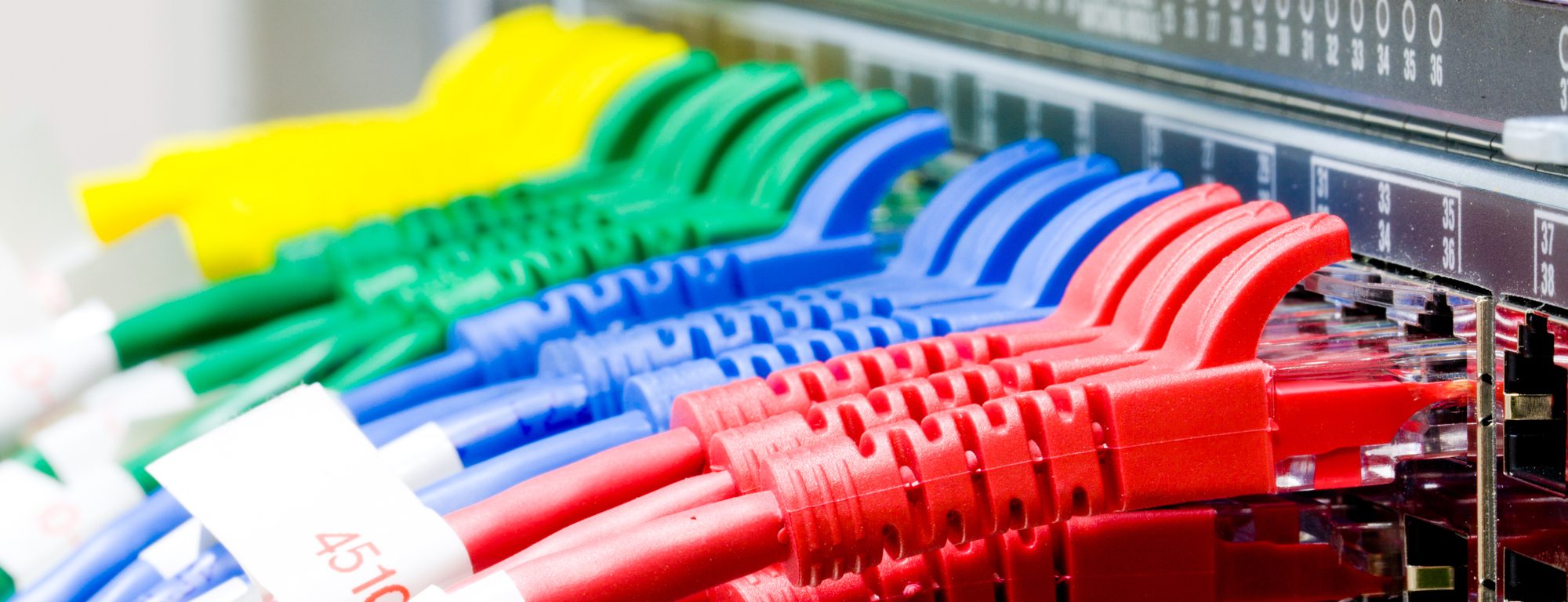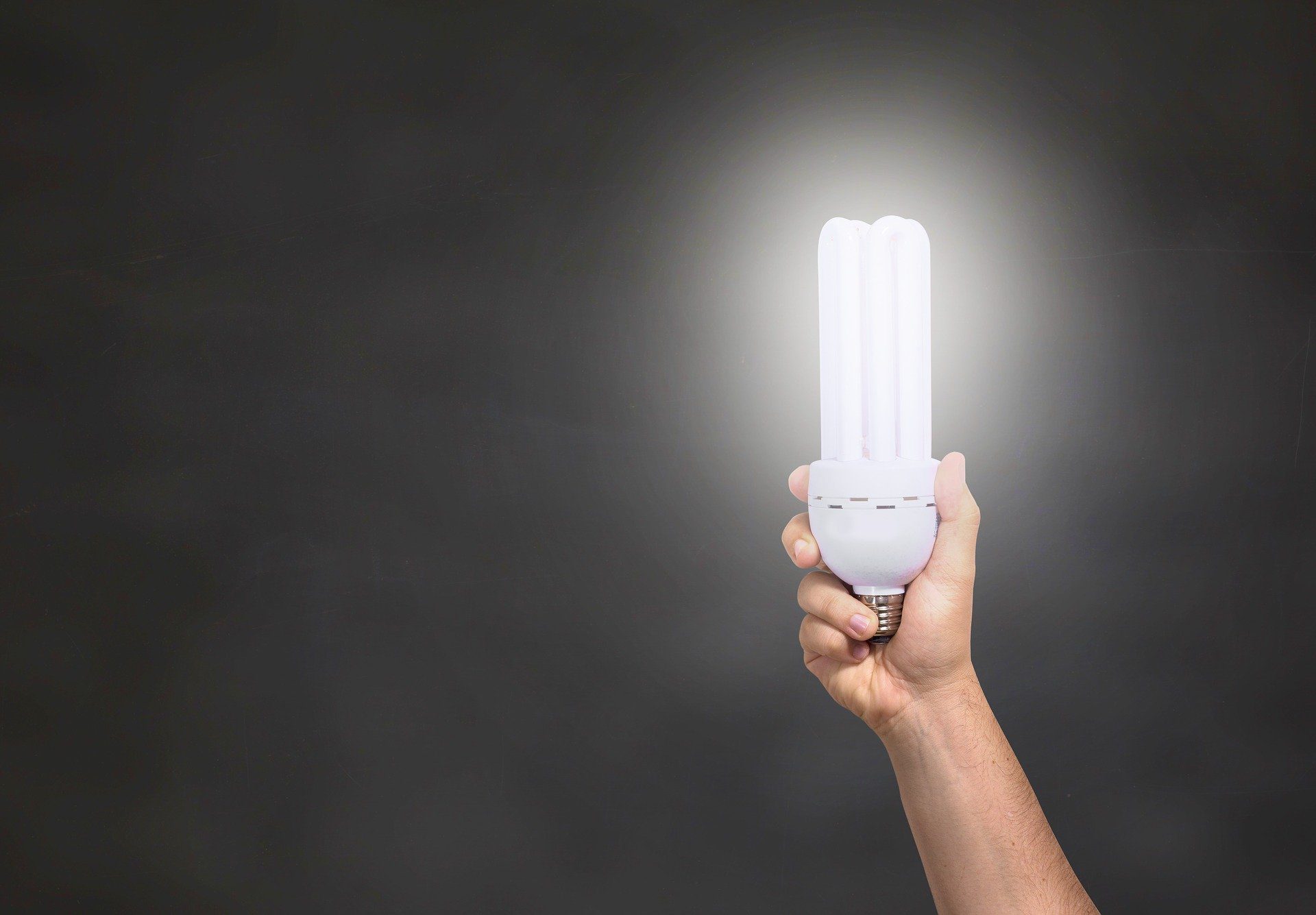
Cut the Cord
If you’re considering saving a ton of money and ditching traditional cable service for an antenna and streaming services now available, there are some things you should consider in order to successfully cut the cable without sacrificing the shows you love.
Stats
About one out of 10 consumers (11%) canceled their pay-TV subscription during the last year, according to a new report from the Consumer Technology Association (CTA). More than a quarter cited alternate options available at a lower cost as the reason for the split, and 21% of consumers say they haven’t had a service provider subscription for more than a year.
More than half (54%) of consumers are getting content through paid video streaming services, up seven percentage points from 2015. Not surprisingly, Millennials lead the charge with 62% choosing paid streaming services. Meanwhile, for those over the age of 35, 71% choose a traditional service provider.
Need to know before cutting or limiting cable | satellite
1. You may need additional equipment. If you’re looking to watch local shows, you’ll need an over the air antenna (OTA). Hoping to transfer content from your laptop to your TV? You may want an Apple TV, Google Chromecast, Amazon Fire TV Stick or a Roku. If you still want a DVR, you may want a media streaming device like a Roku or an Apple TV. Then ask yourself, what shows do I watch and thru which App can I watch them thru? For shows on big network stations, they are available thru Hulu the next day, for the most part. For older shows and full seasons, check out Netflix.
2. Your Internet connection is important. Without cable, you’ll likely be streaming most of your content, so you’ll need an Internet connection that’s fast enough for your needs. This may require an upgrade to your home networks router, wifi or wiring in your home. You also may want to do a speedtest to make sure you’re getting enough speed to facilitate HD streaming.
3. National sports could be a challenge. Depending on your state of fandom, catching all the sporting events you want to watch without a cable package could be tough. There are apps that can help with national team coverage. Local sports won’t be a problem and will come to the local channels on your TV.
4. Cable news might be tough. You might not be able to view a live stream of your favorite network (CNN, MSNBC, etc) without a pay-TV provider login. If you’re an avid follower of a particular news personality or show, that’s something to consider.
Limiting or cutting cable considerations:
1. Full Cable | Satellite Service
-Large channel library
-Best video and audio quality available
-Pay-per-view
-Advanced features like guide, scheduler, video on demand, pay per view and DVR are included
2. Limiting Basic Cox Cable Service
– HD DVR cable box not included
– Guaranteed list of subscribed channels
– 2 ch. audio/lower audio quality
– Lower video quality (depending on TV, you may get local channels in HD)
– No advanced features like guide, video on demand or pay per view
– No DVR or scheduler
– Basic cable option for Satellite: Does not exist. Satellite companies require one 1 receiver per TV.
3. Cut the Cable: Over The Air Antenna:
– Need 1 Long-Range Over the Air Antenna (HD)
– No guarantee all channels will come in clearly, or at all, depends on antenna and city location
relative to signal source.
– No advanced features like guide, video on demand or pay per view – No DVR or recording feature*
– No national sports or cable news*
* Can be supplemented with a media steaming device in most cases.
Media Streaming Devices:
Apple TV
Through the Apple TV, you can rent movies thru iTunes Movie, stream Netflix, Hulu, ESPN, HBO Go and much more. The price is reasonable and it’s a one-time cost for the hardware. There is even more benefit here or iPhone/ iPad users. Using Airplay, whatever is playing on the device, can be streamed wirelessly to the television. This can supplement TV shows not available natively on the Apple TV, watch Youtube, stream music like Pandora or Spotify, and share your personal pictures on your big screen.
Pro: There is even more benefit here or iPhone/ iPad users. Using Airpaly, whatever is playing on the device, can be streamed wirelessly to the television. This can supplement TV shows not available natively on the Apple TV, watch Youtube, stream music like Pandora or Spotify, and share your personal pictures on your big screen. The remote is nice and offers voice search.
Con: Apple TV does not offer access to the Amazon Prime’s instant video.
Roku
Roku has been around for a while as well. They offer a variety in channels, at this time they are advertising access to over a 1000 channels.
Pro: It’s the most robust and inexpensive streamer on the market right now. If you have a universal remote, Roku can be programmed to go directly to the app of your choice ie pressing 1 button on the remote will turn on the TV, Stereo, Roku and go directly to Netflix.
Con: There is limited Apple integration so if you have an iPhone/ iPad, there’s no play media without involving a computer. This extra hassle is probably not worth it if your media is mainly on iTunes.
Amazon FireTV
Amazon recently entered this space with their streaming media device. It is also a box and gives the standard option of channels. They send you the box preregistered with your Amazon account making it very simple to set up.
Pro: They were first to have voice search on the remote. Con: Like the Roku, there’s limited Apple integration.
Chromecast
Chromecaset isn’t not on par with the other players in the field. It is basically a small receiver you can plug into your TV then you can stream from your computer/device to the TV. There are certainly cool uses for this (hotels TVs), but probably is not a good option in replacing your cable plan.
Pro: Perfect for Travel- Price is cheap, it’s small in size, USB input- no cable or power required Con: Clukny operation and like the Roku, there’s limited Apple integration.
Common APPS
Netflix: Perhaps the most well known. Internet subscription is $8 a month.
Hulu: Best for watching local network shows the next day. With commericals:m$8/mo. With upgraded subscription there are no commercials for $12
Sling TV: Offers a handful of cable channels including CNN, ESPN, HGTV.
The Savings
Let’s look at the savings. Every household will be a different so I will use my personal example. I cut cable 6 years ago. My cable was through Cox Communications and was bundled phone, 1 cable DVR and medium internet speed. I cut the cable when the bill reached $175. My breakdown was $110 for cable, $65 for internet and $10 for phone. Now my “cable” and internet bill is $65/mo to Cox for internet, $8 to Netflix and $12 to Hulu. That comes to $1200 a year. If you purchased a streaming box for $100 and a long-range antenna for $200 that would be about $300 plus $7 a month for something like Netflix, that comes out to $234. Obviously these are some loose numbers, but it is clear you can save money in the long run.
Maintenance Costs
In rare cases, the broadcast frequency of channel may change unexpectedly. This may go unnoticed but there are times when a physical move or relocation of the antenna is necessary to continue receiving the full list of channels available in your area. Internet and network can also play a part in maintenance cost. If you are cutting the cable, it is suggested you audit your internet connections and speed. Consider upgrading your modem, router and wireless internet hardware.








